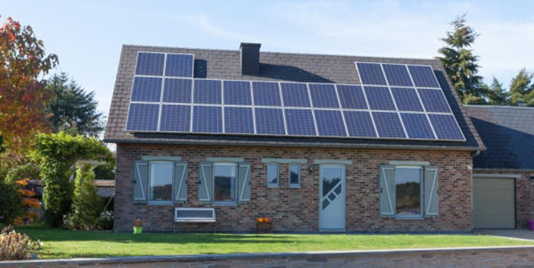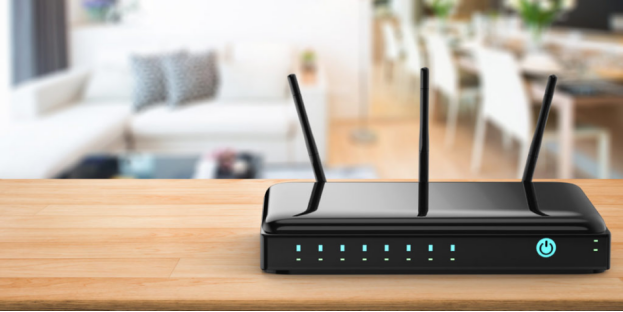As the world turns towards sustainable energy solutions, many homeowners are considering the adoption of household solar systems. While the benefits are clear, determining whether a solar system is right for your household involves carefully assessing your energy needs. This article serves as a guide to help you navigate through the considerations and make an informed decision about whether a household solar system aligns with your requirements.
Understanding Your Current Energy Consumption
The first step in assessing the suitability of a household solar system is to understand your current energy consumption. Examine your past electricity bills to identify patterns and determine your average monthly and yearly usage. This information will serve as the baseline for effectively sizing your solar power system.
Consider factors that may influence your energy consumption, such as the number of occupants in your home, the types of appliances you use, and any specific energy-intensive activities. By having a clear picture of your current energy needs, you can tailor your solar system to meet those requirements.
Evaluating Solar Potential at Your Location
The effectiveness of a household solar system relies heavily on the amount of sunlight your location receives. Assess the solar potential of your region by considering factors like average sunlight hours, shading from nearby buildings or trees, and the orientation and tilt of your roof.
Online solar calculators or consultations with solar professionals can help you determine the solar potential at your location. Understanding the sunlight conditions will influence the size and efficiency of the solar panels needed to meet your energy needs.

Calculating the Size of Your Solar Power System
Given your current consumption of energy and the sunshine potential in your area, you can now estimate the power output of a system of solar cells. Solar power systems are typically measured in kilowatts (kW) and are designed to generate a certain amount of daily electricity.
The appropriate size of your system will be influenced by factors such as where you live, rooftop size, and available sunshine. It's important to balance meeting your energy needs and avoiding oversizing, which may result in unnecessary costs. Solar professionals can assist in designing a system that aligns with your specific requirements.
Assessing Financial Considerations
While the environmental benefits of a household solar system are clear, assessing the financial considerations is equally important. Determine the upfront costs of installing a solar power system, including the cost of solar panels, inverters, mounting equipment, and installation fees.
Explore available incentives and rebates in your region, as many governments and utility companies offer financial support to encourage solar adoption. Consider the long-term savings on power costs, as a properly designed and installed solar system may greatly reduce or eliminate your dependency on the grid.
Considering Future Energy Needs and Technological Advancements
As you assess your energy needs for a household solar system, it's essential to consider future changes in your energy consumption and advancements in solar technology. Evaluate potential changes in your household, such as adding new appliances, electric vehicles, or expanding living space.
Additionally, stay informed about emerging technologies and innovations in the solar industry. Technological advancements may result in more efficient and cost-effective solar solutions. Keeping an eye on these developments can help you make decisions that account for current and future energy needs.

Conclusion
The transition to solar power is not just a technological shift but a strategic decision that aligns with environmental stewardship and financial prudence. As you embark on this journey, consulting with solar professionals, staying informed about incentives, and considering the long-term benefits will guide you towards a sustainable and energy-efficient future. By critically evaluating your energy needs, you can illuminate your home with the sun's power and contribute to a cleaner and greener world.





















03 Comments
Karon Balina
19th May 2022 ReplyLorem ipsum dolor sit amet, consectetur adipisicing elit, sed do eiusmod tempor incididunt ut labore et dolore magna aliqua. Ut enim ad minim veniam, quis nostrud exercitation ullamco laboris nisi ut aliquip ex ea commodo consequat.
Julias Roy
19th May 2022 ReplyLorem ipsum dolor sit amet, consectetur adipisicing elit, sed do eiusmod tempor incididunt ut labore et dolore magna aliqua. Ut enim ad minim veniam, quis nostrud exercitation ullamco laboris nisi ut aliquip.
Arista Williamson
19th May 2022 ReplyLorem ipsum dolor sit amet, consectetur adipisicing elit, sed do eiusmod tempor incididunt ut labore et dolore magna aliqua. Ut enim ad minim veniam, quis nostrud exercitation ullamco laboris nisi ut aliquip ex ea commodo consequat.